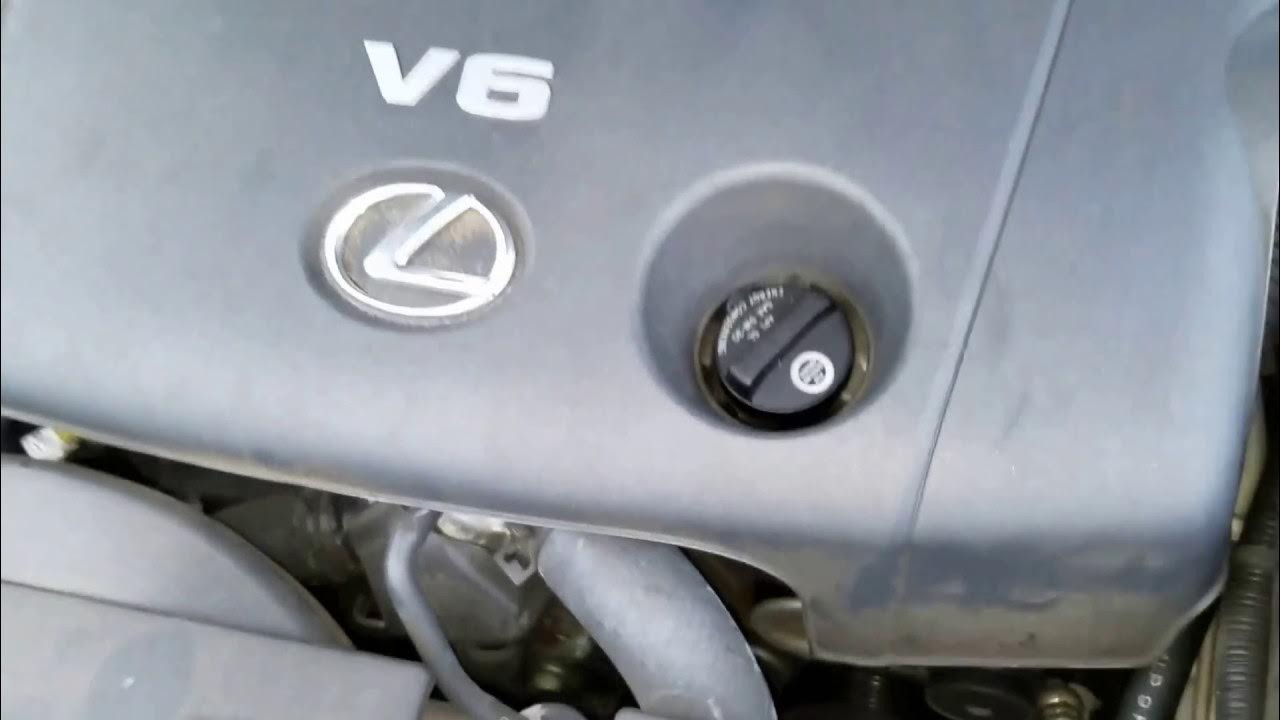Encountering an unexpected noise from your vehicle can be unsettling, especially when its cause is unclear. While it might be tempting to ignore such sounds, they often signal underlying issues that require attention.
Taking immediate action can help prevent more severe problems, ensuring your car remains dependable and secure.
Identifying Common Engine Noises
Pinpointing the type of sound your engine produces is crucial for diagnosing potential problems. Here are several common noises and their usual causes:
Ticking or Clicking: This sound often points to inadequate oil levels or insufficient lubrication. When engine components lack proper lubrication, ticking becomes noticeable, particularly during idling.
Knocking or Pinging: Commonly known as “engine knock,” this noise can occur due to low-octane fuel or ignition timing issues. Uneven fuel combustion within the cylinders is typically responsible for this sound.
Squealing: A high-pitched squeal is often linked to a worn or loose serpentine belt, which powers multiple engine components.
Hissing: This noise may indicate either a vacuum leak or engine overheating. Vacuum leaks affect the air-fuel balance, while overheating can cause escaping coolant, resulting in a hissing sound.

Also Read: 5 Common Car Engine Noises and What They Mean
Consequences of Ignoring Unusual Noises
Disregarding strange sounds from your engine can lead to big problems:
Escalated Damage: Small issues, such as a loose belt, can escalate into costly repairs if neglected. For example, replacing a snapped belt is far more expensive than addressing the problem early.
Safety Concerns: Engine failures resulting from unresolved issues can cause sudden stalling, increasing the risk of accidents.
Increased Expenses: Delaying repairs often means higher costs, as minor fixes turn into major repairs over time.
Advantages of Professional Inspections
Addressing unusual engine noises through professional assistance offers key benefits:
Precise Diagnoses: Experienced technicians can quickly identify and fix issues, minimizing further damage.
Preventive Maintenance: Early detection of potential problems keeps your vehicle running smoothly and avoids future complications.
Confidence in Safety: Knowing your vehicle is in optimal condition enhances peace of mind during your travels.
Common Reasons for Engine Noises
Understanding what causes these sounds can guide effective solutions:
Low Oil Levels or Poor Lubrication: Insufficient oil increases friction between components, leading to ticking or clicking noises. Regular checks and oil changes are essential to prevent this.
Damaged Spark Plugs: Worn or faulty spark plugs can cause misfires, resulting in knocking sounds. Replacing them ensures smooth engine performance.
Worn or Loose Belts: Squealing sounds often stem from belts that need replacement or adjustment. Routine inspections can prevent these issues.
Vacuum Leaks: Hissing noises caused by vacuum system leaks can disrupt engine efficiency and should be repaired promptly.
Importance of Scheduled Maintenance
- Routine care for your vehicle plays a vital role in preventing and addressing engine noise:
- Regular Inspections: Periodic check-ups help detect potential problems before they worsen.
- Prompt Repairs: Quickly addressing small issues saves time and money while preventing larger complications.
- Preserved Value: Vehicles that receive consistent maintenance retain their value better than neglected ones.
Also Read: How to Choose the Right Engine Oil for Optimal Car Performance and Longevity

